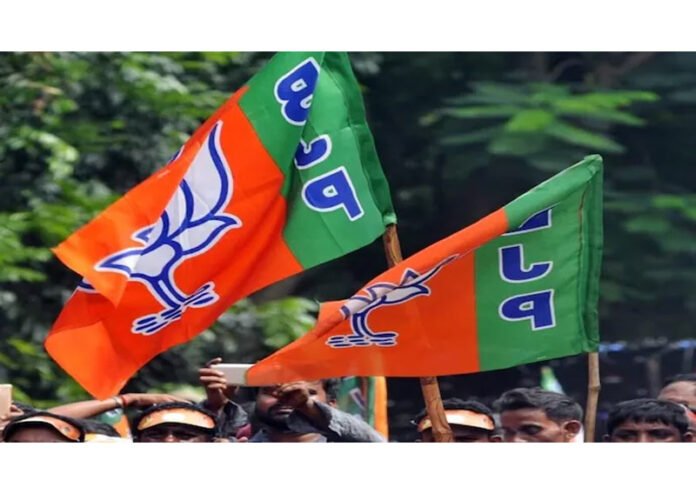The Bharatiya Janata Party (BJP) achieved a remarkable feat in the Jammu division by winning all seven seats reserved for Scheduled Castes (SCs) in the recent Assembly elections. However, the party faced a significant setback, losing all six seats reserved for Scheduled Tribes (STs), which raises questions about its electoral strategy regarding these communities.
The BJP’s success in the SC seats was marked by substantial margins. Key victories included Mohan Lal Bhagat in Akhnoor, who won by approximately 24,000 votes against Congress’s Ashok Kumar, and Surinder Kumar, who triumphed in Marh, defeating former Minister Mula Ram by around 23,000 votes. Other notable winners included Dr. Bharat Bushan in Kathua, Dr. Devender Manyal in Ramgarh, and Sunil Bhardwaj in Ramnagar, all securing their seats by comfortable margins.
In contrast, the BJP’s performance in the ST reserved seats was dismal. The party lost all six of these seats in the Jammu division, which included Rajouri, Thannamandi, Budhal, Mendhar, Poonch, and Gulabgarh. Congress candidates won the Rajouri seat, while Thannamandi went to an Independent. The National Conference (NC) secured victories in the remaining four ST constituencies.
The results highlight a disconnect between the BJP’s policies and their electoral outcomes, particularly regarding the reservations created for STs and the recent 10% reservation for Paharis. Despite the government’s efforts to support these communities, the party’s inability to secure seats in areas with significant Pahari populations, such as Rajouri and Poonch, where it managed to win only one out of eight seats, indicates potential challenges ahead.
Moreover, the BJP successfully captured five out of six newly created seats in the Jammu division following delimitation, including key constituencies like Paddar, Doda West, Udhampur East, and Shri Mata Vaishno Devi Katra, though it did lose Thannamandi.
The party’s success in prominent religious constituencies further demonstrates its stronghold in areas with significant shrines, winning all five seats associated with major pilgrimage sites, such as Katra (Shri Mata Vaishno Devi) and Reasi (Shiv Khori).
As the BJP reflects on its performance, the contrast between its success in SC reservations and failures in ST seats underscores the need for a reevaluation of its engagement strategies with diverse communities in the Jammu division. The party’s focus on religious sentiments appears effective, but the lack of resonance with ST voters may necessitate a strategic pivot to maintain its political dominance in the region.

